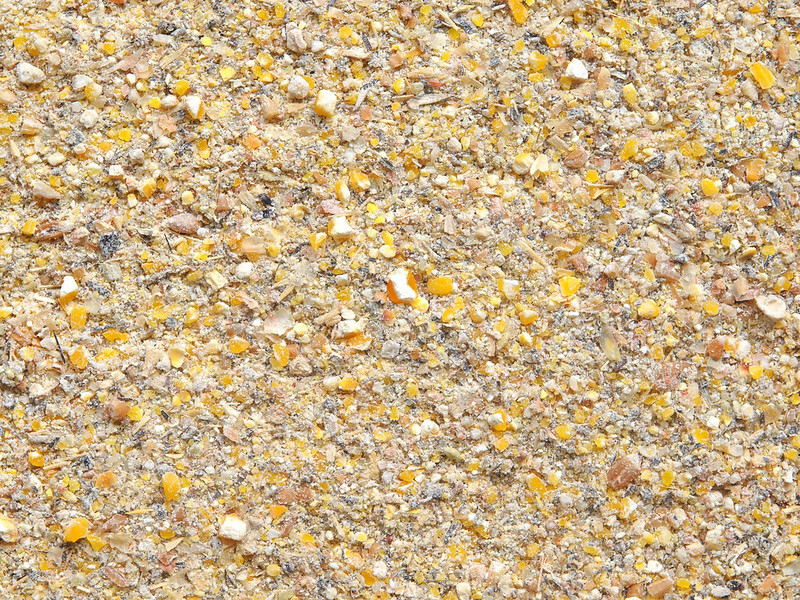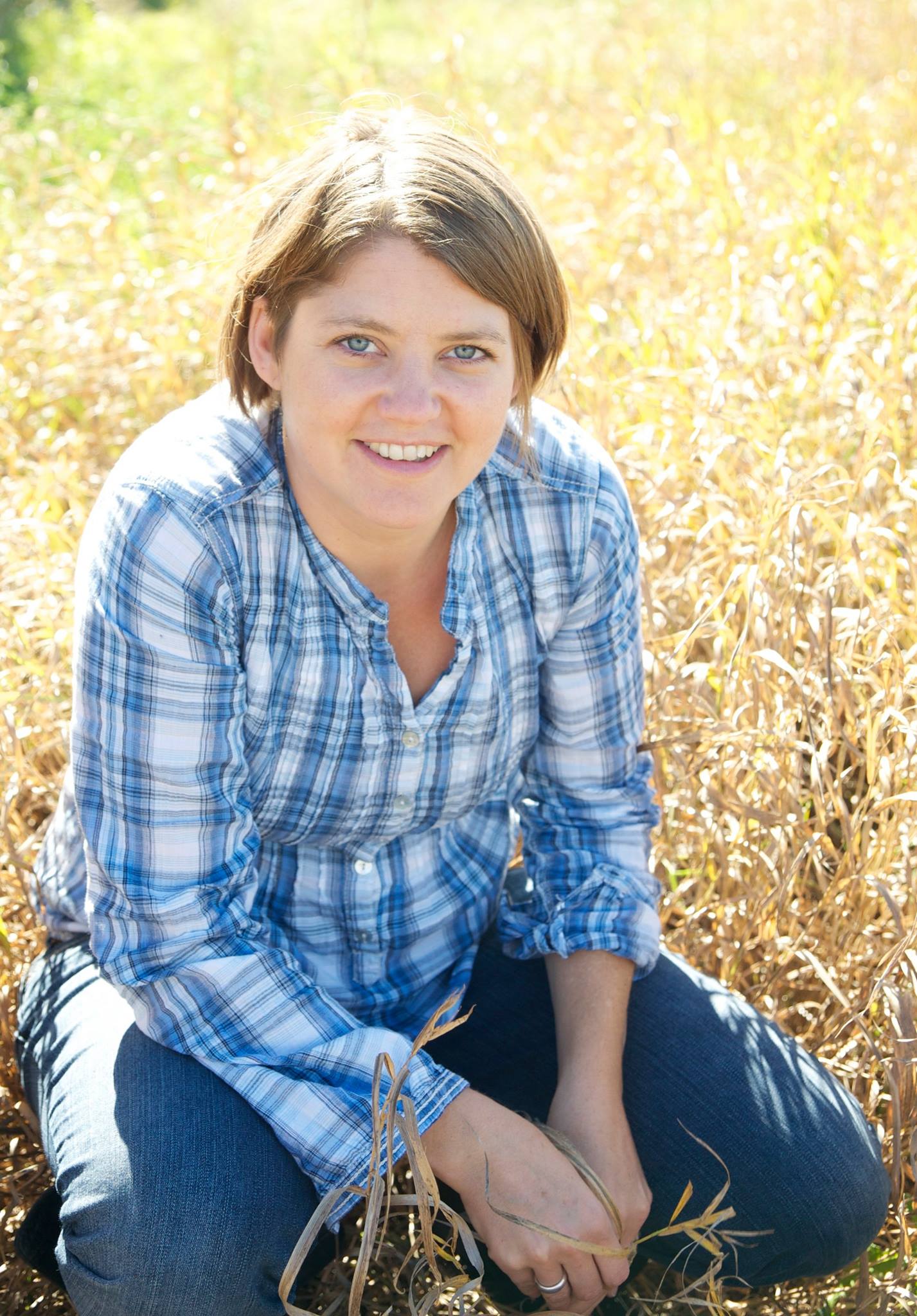



Lei recognized for livestock feed enzyme inventions
Xingen Lei was named a Fellow of the National Academy of Inventors
In recognition of his pioneering work on livestock nutrition, Xingen Lei, professor of Animal Science, was named a Fellow of the National Academy of Inventors (NAI) on Dec. 7. Lei’s work has positively impacted roughly 1.3 billion pigs and 100 billion chickens, has saved costs for livestock producers and has reduced farm-related phosphorus runoff, protecting water quality, reducing greenhouse gas emissions, and preserving non-renewable phosphorus deposits on earth.
Taken from Cornell News.
Lei is the inventor of 21 U.S. patents and another 49 patents in 27 countries. He was among the first to demonstrate that nutrients like phosphorus, calcium, zinc and iron become more bioavailable to animals when their feed is supplemented with phytase – an enzyme that helps livestock digest food. Lei’s lab developed a new generation of novel phytase enzymes from bacterial genes that are now used in 46 countries.
“Dr. Lei’s pioneering and internationally recognized research program in animal nutrition resulted in inventions that directly impacted industry practice and benefited animal production and the environment,” said Alice Li, executive director of Cornell’s Center for Technology Licensing (CTL). “He is most deserving of this honor; His dedication and contribution to animal nutrition and environmental sustainability are exceptional.”
Using Lei’s phytase additives, farmers have reduced the cost of animal feed, and reduced the amount of inorganic phosphorus entering and leaving their farms. In water runoff, excess phosphorus is a potent source of pollution, acidifying water, feeding algal blooms that kill aquatic creatures and causing greenhouse gas emissions.
Lei is also co-leading a multidisciplinary project to re-envision poultry production, including developing enzymes to convert poultry feathers into protein feed supplements, and exploring strategies to enrich chicken and eggs with n-3 fatty acids to benefit human health.
Dr. Ronald Crystal, chairman of the Department of Genetic Medicine and the Bruce Webster Professor of Internal Medicine at Weill Cornell Medicine, was also named an NAI Fellow, in recognition of his groundbreaking contributions to the field of gene therapy.
The National Academy of Inventors was founded in 2010 as a non-profit organization modeled after the National Academies of the United States. It aims to recognize and encourage inventors in academia, and to highlight their societal contributions. Election to NAI Fellow status is the highest professional distinction accorded solely to academic inventors at NAI. In addition to Lei and Crystal, 11 other Cornell faculty have been inducted as Fellows since 2014, including researchers in engineering, biology, labor relations, chemistry and plant breeding.
Lei and Crystal will be formally inducted as Fellows at the NAI annual meeting in June 2022.
In recognition of his pioneering work on livestock nutrition, Xingen Lei, professor of Animal Science, was named a Fellow of the National Academy of Inventors (NAI) on Dec. 7. Lei’s work has positively impacted roughly 1.3 billion pigs and 100 billion chickens, has saved costs for livestock producers and has reduced farm-related phosphorus runoff, protecting water quality, reducing greenhouse gas emissions, and preserving non-renewable phosphorus deposits on earth.
Taken from Cornell News.
Lei is the inventor of 21 U.S. patents and another 49 patents in 27 countries. He was among the first to demonstrate that nutrients like phosphorus, calcium, zinc and iron become more bioavailable to animals when their feed is supplemented with phytase – an enzyme that helps livestock digest food. Lei’s lab developed a new generation of novel phytase enzymes from bacterial genes that are now used in 46 countries.
“Dr. Lei’s pioneering and internationally recognized research program in animal nutrition resulted in inventions that directly impacted industry practice and benefited animal production and the environment,” said Alice Li, executive director of Cornell’s Center for Technology Licensing (CTL). “He is most deserving of this honor; His dedication and contribution to animal nutrition and environmental sustainability are exceptional.”
Using Lei’s phytase additives, farmers have reduced the cost of animal feed, and reduced the amount of inorganic phosphorus entering and leaving their farms. In water runoff, excess phosphorus is a potent source of pollution, acidifying water, feeding algal blooms that kill aquatic creatures and causing greenhouse gas emissions.
Lei is also co-leading a multidisciplinary project to re-envision poultry production, including developing enzymes to convert poultry feathers into protein feed supplements, and exploring strategies to enrich chicken and eggs with n-3 fatty acids to benefit human health.
Dr. Ronald Crystal, chairman of the Department of Genetic Medicine and the Bruce Webster Professor of Internal Medicine at Weill Cornell Medicine, was also named an NAI Fellow, in recognition of his groundbreaking contributions to the field of gene therapy.
The National Academy of Inventors was founded in 2010 as a non-profit organization modeled after the National Academies of the United States. It aims to recognize and encourage inventors in academia, and to highlight their societal contributions. Election to NAI Fellow status is the highest professional distinction accorded solely to academic inventors at NAI. In addition to Lei and Crystal, 11 other Cornell faculty have been inducted as Fellows since 2014, including researchers in engineering, biology, labor relations, chemistry and plant breeding.
Lei and Crystal will be formally inducted as Fellows at the NAI annual meeting in June 2022.









